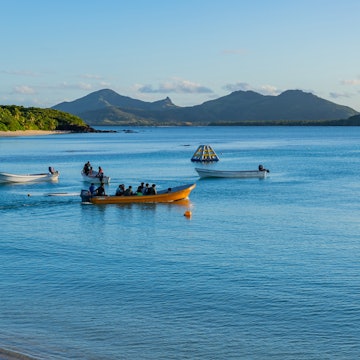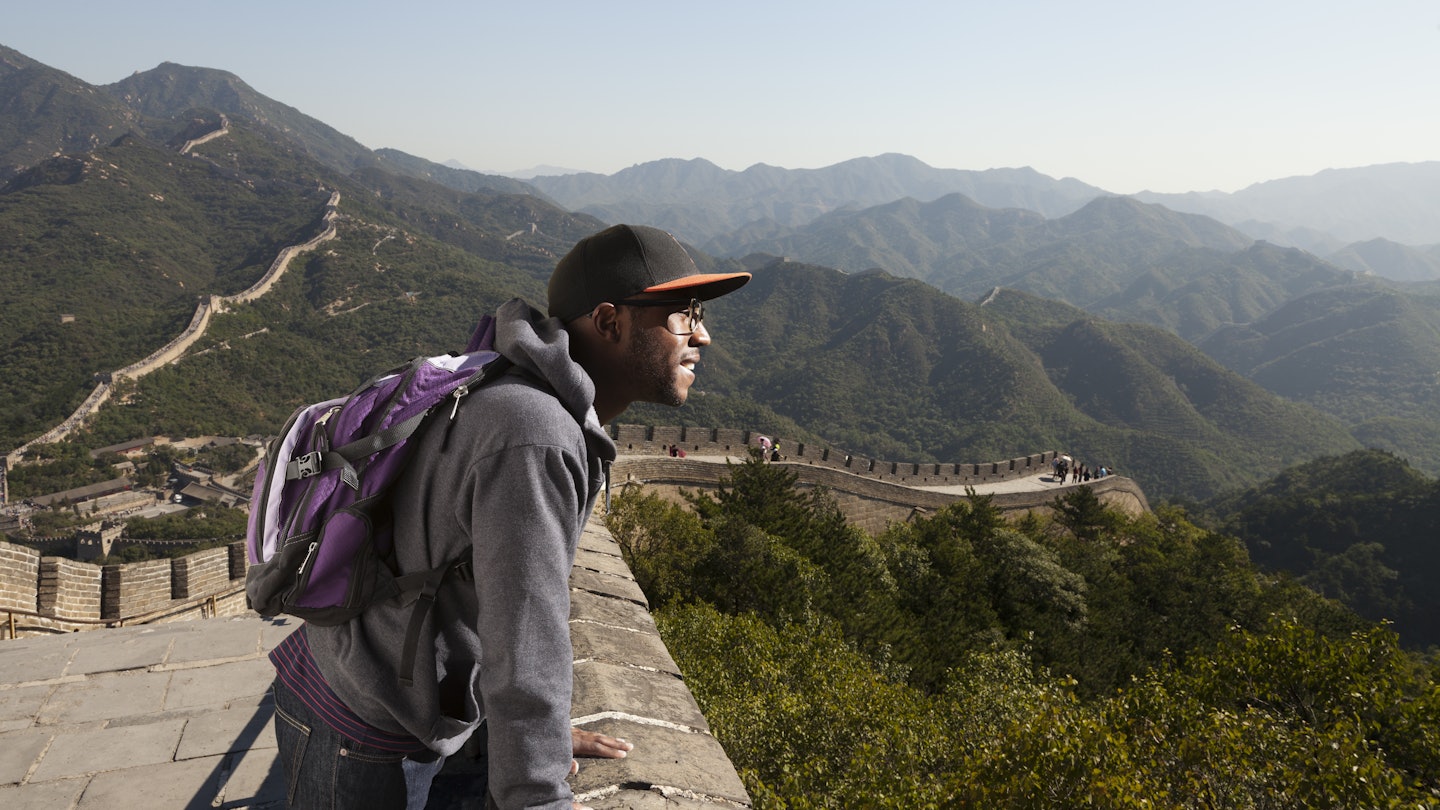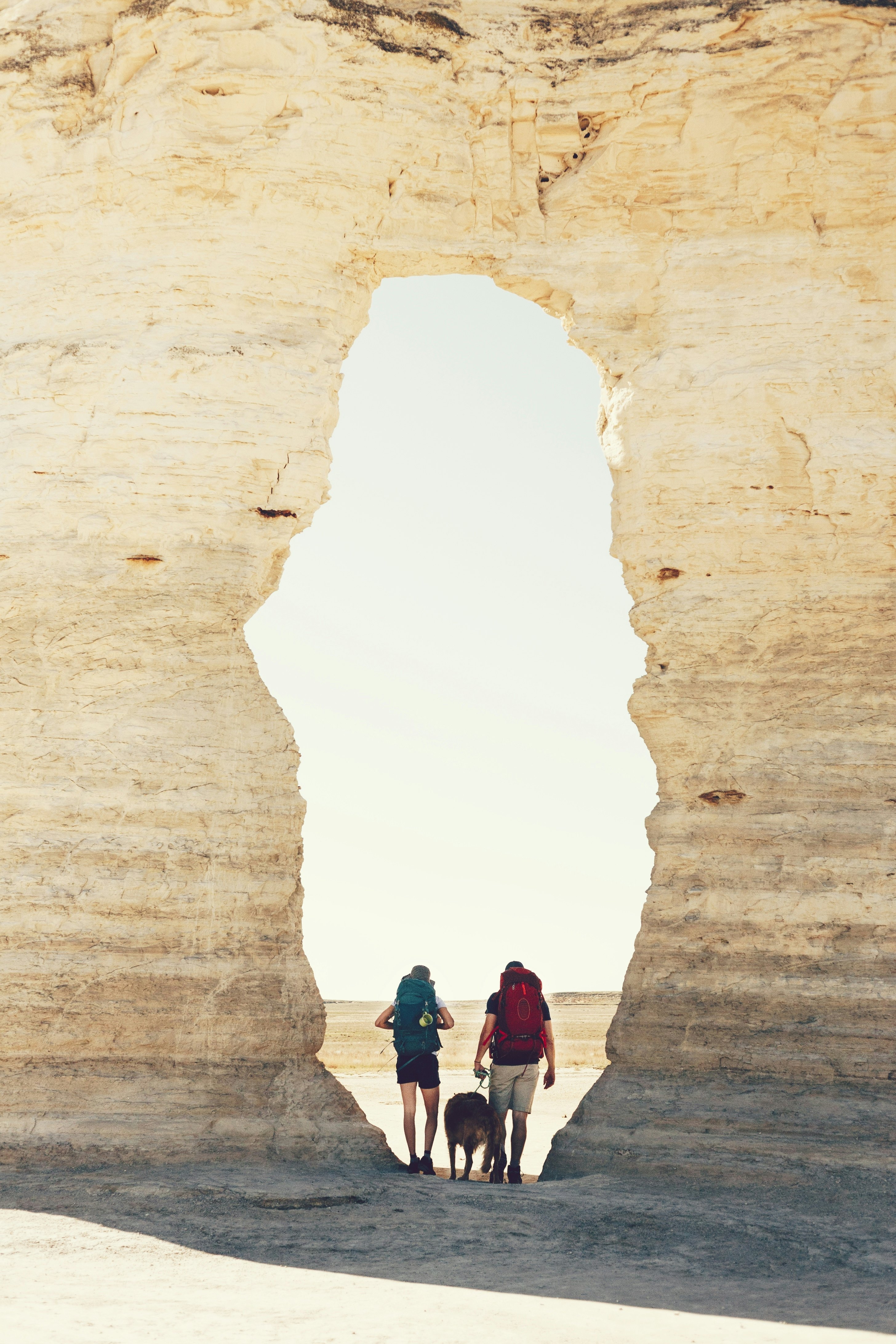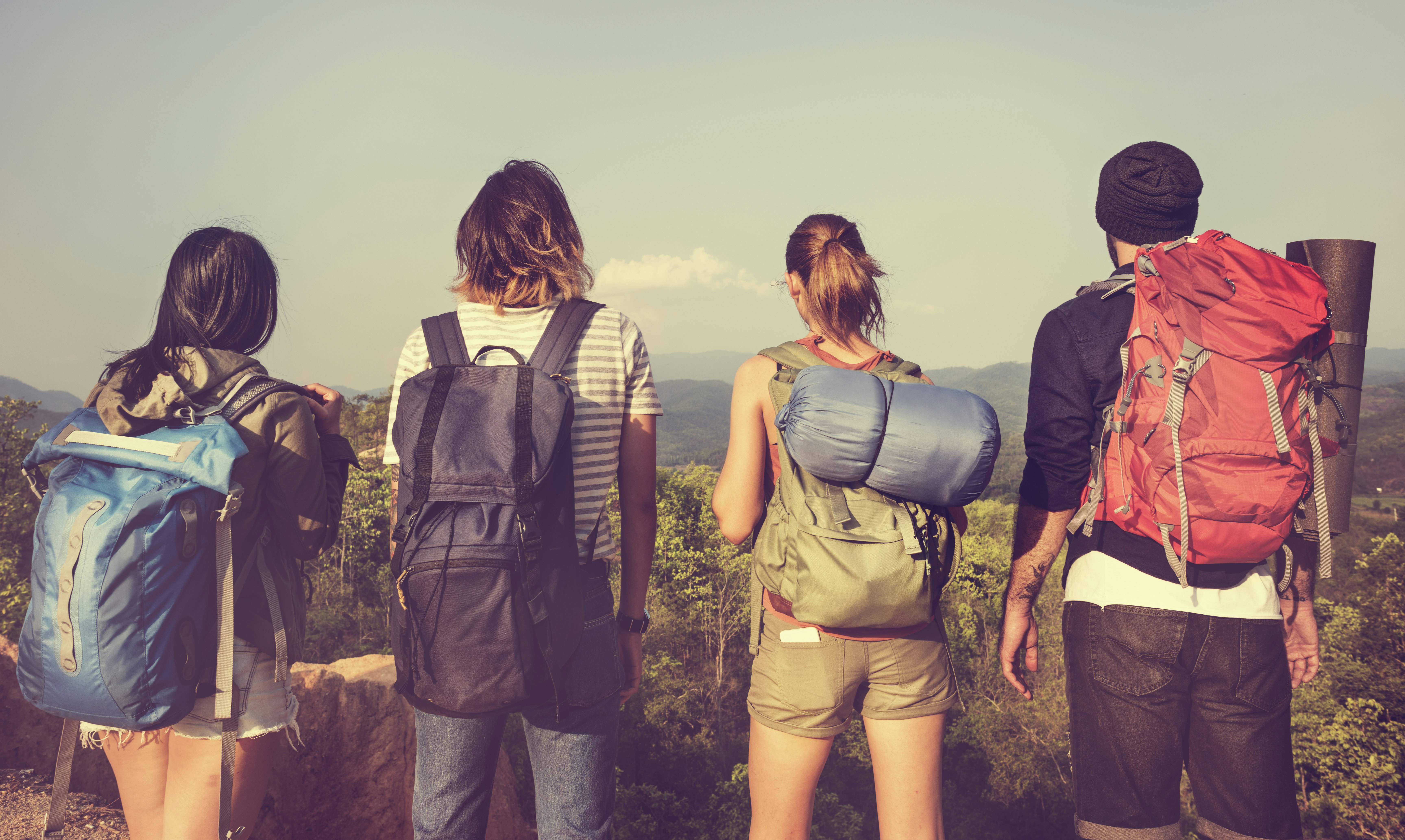
Increased prices and COVID tests - what to expect when we begin to travel in 2021

Dec 23, 2020 • 5 min read

There is hope that global travel levels will return by mid-2022 or 2023 © Roberto Westbrook / Getty Images
So long 2020, this year of constant confinements and time that just kind of drifted along. As we open a new calendar the hope grows that this collective nightmare will soon be over and we can finally train our sights on a life beyond the cruel misery of this hunkering moment. For millions of us, it’s the hope of being able to travel once more.
After a year of chaos and cancellations, the $9 trillion leviathan that is the global travel industry can ill afford to stay in dry dock for another year, but the first order of business is making sure the lights stay on. Frustrated travelers everywhere yearn for the world to be within reach again, and the industry is desperate to oblige – with plenty of teaser deals crafted to entice and boost confidence in travel as a thing that can be reasonably imagined.
But even allowing for dubious guesswork about a pandemic that has so far resisted all efforts to control it, we can assume that while 2021 won’t be like 2020, it won’t look like any other year either. Whatever confidence there is that we will travel in numbers is pinned to the earlier-than-predicted emergence of a successful vaccine, but it’ll be many months before there’s a decent level of coverage in the general population.
Which means that many of the current restrictions will continue to be major factors in our travels – so get ready to add face coverings and a stash of disinfectant wipes to your travel kit.

Proof of vaccine or a negative COVID result
One thing you’re unlikely to need, though – at least not until nearer the end of 2021 – is proof of a vaccine. Qantas CEO Alan Joyce caused a bit of a stir a couple of months ago when he declared that a vaccine might be required to board an airplane, but until it’s widely available it’s an impractical solution as it eliminates the bulk of the clientele that airlines are so keen to get back in the air.
A far more likely requirement is proof of a negative COVID test. Which means that most airports will have antigen and PCR test centers where you can do the swab, although it is worth highlighting that while airlines may be satisfied with a negative antigen test, many destinations will insist on a negative PCR test – which can take up to 48 hours to process and costs more (although for an extra charge you can get results in as little as five hours).

Technology will be central to travel
Technology is going to be more important than ever, and our smart devices will take on a more central role in our travels. Many destinations will insist we download their versions of the track-and-trace app, but we’ll also load up our phones with other apps that give us advance notice of delays or localized outbreaks, allow us to pre-book everything from meals to museum visits, and also help plan self-guided itineraries in the absence of in-person guides.
There’s even a new app called CommonPass which allows travelers to carry their COVID test results in a standardized format that is easily recognisable to officials – and ensures that visitors satisfy the destination’s entry requirements (while also protecting their health data privacy).
Technology will play a bigger part in travel planning, too. A new wave of start-ups are using digital tech and online chat systems to help travelers connect with local travel agents to plan multi-day adventures like Kenyan safaris or road trips in the Australian outback. These include Berlin-based Tourlane, Paris-based Evaneos and The Trip Boutique, out of Zurich.

Sustainable and ethical travel
Sustainability and ethical traveling will also feature more in 2021. Juliet Kinsman, author of The Green Edit: Travel – Easy Tips for the Eco-Friendly Traveller reckons that 2020 “gave nature a chance to recover, and that [many] grasp it would be a shame to squander that. These times have also made many get out into the wild… and I think we’ve all reconnected with why we need to support the environment and not sabotage it if we’re to deal with the small matter of the climate emergency which is closer on the horizon.”
Many companies will tailor their offerings accordingly. The Explora Project, for instance, is a French-based adventure travel company that organizes guided trips in Europe and only uses transportations and food options with a low-carbon impact.
For Juliet Kinsman, 2021 will see people think more about the socio-economic impact of every decision they make as consumers, and that they will endeavor to spend money in tune with their values. However, “folks love a bargain,” she warns, “and many will have less cash and be even keener to get good deals.”

Good deals, but only very briefly
But while there’s currently a glut of good deals with enticing terms – including low deposits and liberal change policies – most experts predict that once we do start traveling again prices will start to climb. Airlines will be shrunken versions of themselves, with reduced route networks and transformed in-flight services. The crisis will continue to thin out the operator market, hotels have to spend more on cleaning, and travel insurance – which may well become mandatory for all travelers – is likely to be more expensive than ever.
Not surprisingly, Lonely Planet founder Tony Wheeler dolefully warned that “it will be a sad new world if travel becomes something only for the rich and gap-year travel becomes a rite of passage that ceases to exist.” But while higher prices will be a reality in the short to medium term, the long-term forecast is for a return to the kind of global travel we knew before this year – probably by mid-2022 or 2023. Whether we apply the lessons we were more or less forced to learn through lockdown – about sustainability, the fragile state of the planet and the need to curate our future experiences in a more ethical and eco-friendly manner – is still an open question.
Of course, the most unreliable variable of all is the virus itself – that piece of bad news wrapped in a protein, to quote Nobel Prize-winning biologist Peter Medawar. Until the widespread availability of the various vaccines, this heartless dictator will continue to dictate terms. Let’s hope that 2021 is the year of the resistance.
You might also like:
How 2021 will become the year of purposeful travel
Lonely Planet writers look ahead to 2021 and the first trips they can take
Australia and New Zealand's travel bubble to open in early 2021













